
Top Dog
A Different Kind of Book About Becoming an Excellent Leader
Read or listen offline
Amazon KindleRecommendation
J. David Pincus and J. Nicholas DeBonis have written a most inventive book. A fictional story about a CEO in crisis is told between chapters of this non-fiction assessment of CEOs and advice regarding how they can meet the needs of our changing corporate times. Based on ten years of research and interviews with CEOs in the Fortune 500, this book is very detailed, but written in an engaging conversational style. With a focus on communication as the key to effective leadership, the book humanizes its strategies so they come to life on each page. getAbstract recommends this book not only for top corporate management and "top dogs," but also for anyone working in the corporate world.
Summary
About the Authors
J. David Pincus, Ph.D., director of the MBA program at the University of Arkansas, has worked as Marriott Corporation’s employee communication director, communications head for two national trade associations, and consultant to many major companies. He writes widely about management communication and organizational effectiveness. J. Nicholas DeBonis, Ph.D., is an Atlanta-based marketing and communication consultant to Fortune 500 firms and a teacher at Emory University’s business school. He has conducted nearly 500 business seminars in the U.S. and Canada.









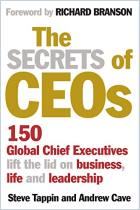
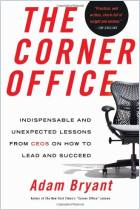
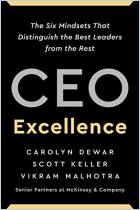

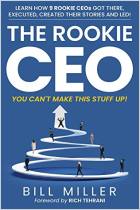
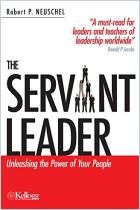


Comment on this summary or Начать обсуждение